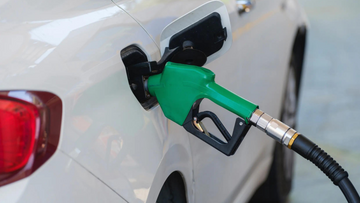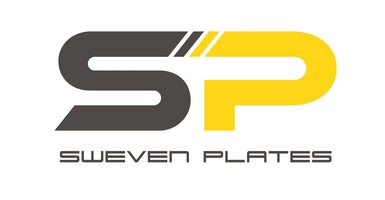
10 Proven Strategies to Boost Your Car's Miles Per Gallon (MPG)
Miles Per Gallon (MPG) quantifies the amount of fuel your vehicle consumes. Achieving a higher MPG is the objective, indicating that your car covers more distance on each tank of fuel. If you're seeking methods to enhance your car's fuel efficiency, consider these ten strategies for achieving better MPG:
-
Smooth Throttle Control: Avoid abruptly flooring the throttle to accelerate quickly, as this consumes more fuel. Gradually increasing your speed is a more fuel-efficient approach, as pressing the throttle harder consumes extra fuel by allowing more air and fuel into the engine.
-
Timely Braking: While braking doesn't directly affect fuel economy, excessive stop-and-start driving due to late braking can increase fuel consumption. To conserve fuel, try releasing the throttle earlier and gently slowing down when approaching traffic or turns. Minimising complete stops will reduce the amount of fuel needed to regain speed.
-
Declutter Your Car: Carrying excess weight in your vehicle forces the engine to work harder to accelerate. Removing unnecessary items from your car can lead to a noticeable increase in MPG.
-
Consider Air Conditioning: The air conditioning system in your car draws power from the engine, slightly impacting MPG. In urban driving, opening your windows for fresh air can be more fuel-efficient. However, at higher speeds, the drag from open windows may counteract the benefits. In such cases, using the air conditioning at moderate settings can be more economical.
-
Adhere to Maintenance Schedule: Regularly servicing your vehicle helps keep the engine in optimal condition. Neglecting maintenance can lead to decreased efficiency. Timely servicing not only preserves MPG but also enhances reliability and overall performance.
-
Upgrade Tires: Tires with high rolling resistance force the engine to work harder to accelerate. Switching to tires with lower rolling resistance can reduce the workload on your car's engine and improve fuel economy. Look for tires graded from A (lowest resistance) to E (highest resistance).
-
Monitor Tire Pressure: Ensure that your tires are properly inflated according to the manufacturer's recommendations. Inadequately inflated tires increase rolling resistance, negatively impacting MPG. You can find the recommended pressures on your car's door opening or in the owner's manual.
-
Consider Premium Fuel: While premium fuel may be pricier per liter, it can potentially offset costs through improved fuel efficiency. Premium fuel's higher octane rating results in more efficient combustion, leading to reduced fuel consumption and increased engine power. Experiment with a few tanks of premium fuel to assess its impact on your MPG.
-
Utilise Cruise Control: On long highway journeys, make use of cruise control if your vehicle is equipped with it. This feature helps maintain a constant speed, minimising frequent acceleration and deceleration, ultimately improving fuel economy. Some vehicles even offer adaptive cruise control with intensity settings for gradual acceleration.
-
Optimise Gear Changes: In manual transmissions, keeping the engine at high RPMs consumes more fuel. Shifting up gears earlier can help save fuel, but shifting too soon may result in sluggish acceleration. Finding the right balance between efficiency and performance through practice is key.
By implementing these strategies, you can maximise your car's MPG and reduce fuel consumption, contributing to both cost savings and environmental conservation.
